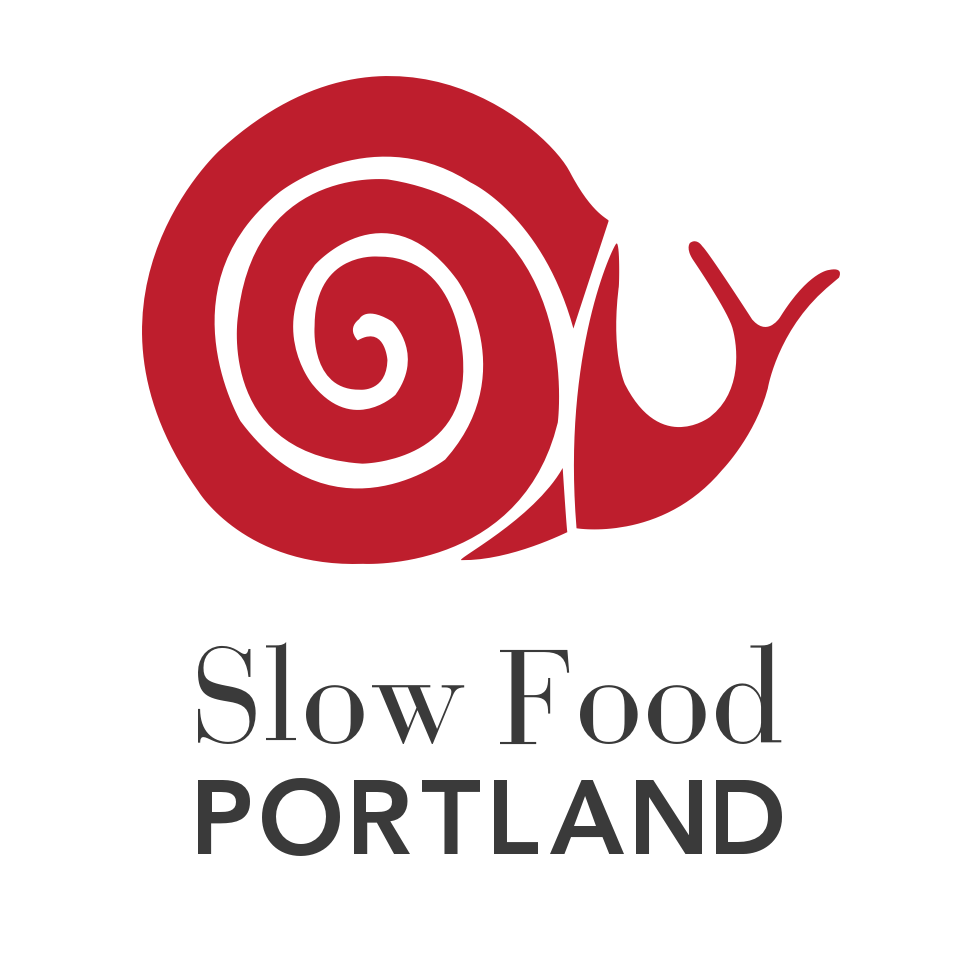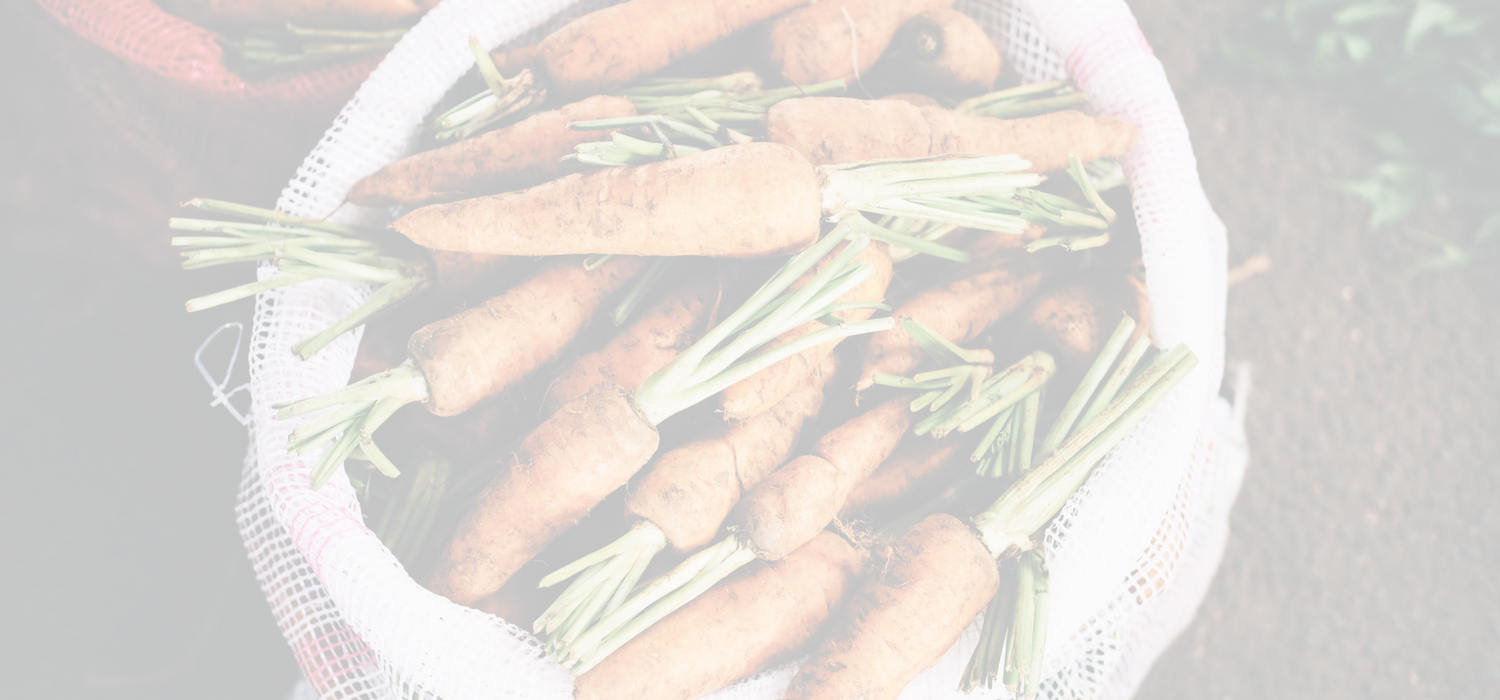National & Global Programs

Slow Food USA
Slow Food USA is part of the global Slow Food movement creating dramatic change in more than 160 countries. In the US, there are more than 150 local chapters and 6,000 members. Join us to connect the pleasures of the table with a commitment to the communities, cultures, knowledge, and environment that make this pleasure possible.

Slow Food International
Slow Food is a global, grassroots organization, founded in 1989 to prevent the disappearance of local food cultures and traditions, counteract the rise of fast life and combat people’s dwindling interest in the food they eat, where it comes from and how our food choices affect the world around us.

Ark of Taste
The international program that seeks to save an economic, social and cultural heritage of a diverse variety of fruits and vegetables, animal breeds, seafood, cheeses, cured meats, grains and confectionery.

Terra Madre
The world-wide conference for small scale farmers, ranchers, chefs, educators and activists.
ATTEND A SLOW FOOD EVENT
Attending the Organic Seed Growers Conference opened my eyes to the deeper stories behind the food we grow and eat. Representing Slow Food Portland, I connected with seed savers, farmers, and activists from around the world who reminded me that seeds are more than just the start of a plant—they're vessels of culture, memory, and resistance. This blog shares some reflections from a weekend that left me inspired and hopeful for the future of our food system.
Reflecting on an eventful year, the 2024 Slow Food Portland Year in Review captures the essence of community and collaboration. We're grateful for continued partnerships with venues like Cookshop and supporters such as Aviation American Gin, whose efforts helped raise over $3,000 during Negroni Week. From engaging talks on the Oregon olive oil industry to interactive farm tours and enriching community potlucks, join us in celebrating a year of significant impact and connection within our local food movement.
Our Slow Food Portland board chair, Michael Albert, recently showcased his culinary creativity at the "How Have You Bean" event hosted at Wellspent Market on December 1st. For those who relished the dish and for our community eager to recreate it at home, here's the vegetarian version of a Southern classic—Hoppin' John.
This is a southern dish traditionally served on New Year’s Day over rice using black-eyed peas. If Butterscotch beans are available, they are a great substitute, otherwise, navy or cannellini beans will work great. The best version uses dried beans soaked overnight, but canned will do.
Have you made it to one of our recent Conviviums? If so, you may have sampled one of our board member’s tasty treats, her Olive Oil Cake. We're thrilled to share this beloved recipe with our Slow Food Portland community. This cake is rather simple and will only be as good as the olive oil you use (hint: splurge for the good stuff, at least for the final drizzle), highlighting the deliciousness of the oil. This cake pairs wonderfully with fresh fruit and whipped cream
When was the last time you thought about the biodiversity of your diet? For the Slow Food Movement, protecting and defending the biodiversity of cherished food products is a top priority. One of the ways this work manifests is through the online catalog The Ark of Taste.
It was hard to find a seat at the April Convivium, as people filled up Portland Cookshop for “Olive Oil: Field Notes from Oregon and Italy,” featuring local food friends Jim Dixon of Wellspent Market and Paul Durant of Durant Vineyards and Durant Olive Mill.
Oregon is a great place for farming, with rich soils and a (mostly!) benevolent climate, and visitors and residents enjoy the resulting bounty of local food, other farm products, farmers markets, and agritourism. However, development and other pressures threaten our farming communities and make it harder for those who don’t already own land to continue this legacy.
In 2023 Slow Food Portland set out to host a range of social and educational events in order to re-engage with our community, to help promote local small businesses and to raise awareness about important sustainable food systems work being done by other organizations.
Promoting foods grown by regional farms in schools can help expose children to a wide variety of fruits and vegetables, while inciting a curiosity about new foods and their local food systems.
Learn the benefits of eating local produce in season, what produce is available in the winter, where to source it now, and resources for recipes.


















